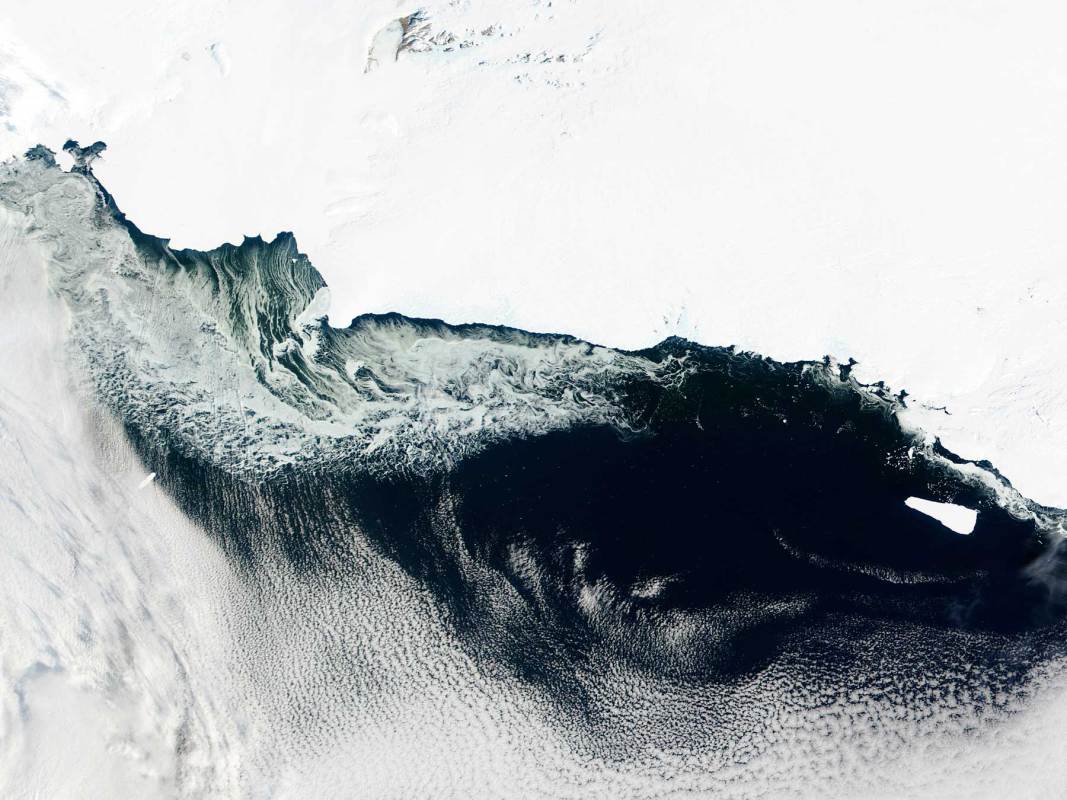The South Pole may never be the same again.
To confirm what some scientists believe is an irreversible meltdown, a team of researchers from Columbia University was dispatched to Antarctica’s Ross Ice Shelf in December.
The root of the change stems from warmer ocean waters underneath glaciers in Antarctica that are making the massive ice sheets move faster. Ice migrating from land to sea can break off and contribute to a dramatic rise in ocean levels. That’s not just an issue for the local ecosystem, but a problem for cities around the world, from New York and Miami to Shanghai, and the countries that call them home.
Even setting aside further greenhouse gas emissions, recent forecasts paint an unprecedented and dire picture for the southernmost continent. Large sections of Antarctica’s ice sheet could quickly disintegrate, causing oceans to rise more than six feet by the end of the century.
The New York Times joined the Columbia researchers, and the first of a three-part series detailing the expedition was published Thursday. The report details the scientists’ efforts to confirm alarming evidence with clearer projections—and the weight of doubt that bears on them.
This article was featured in the InsideHook newsletter. Sign up now.
























